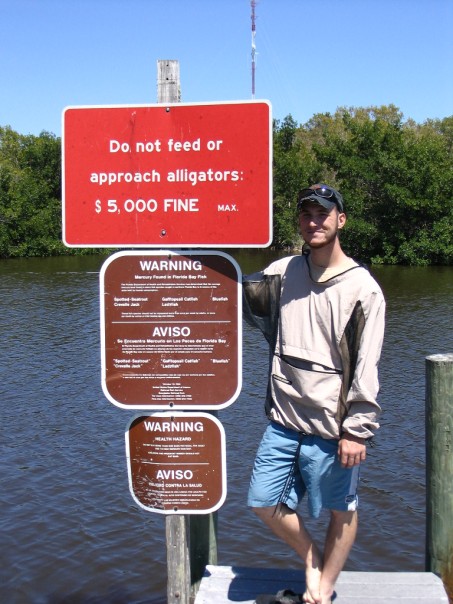
Above are models from NOAA
Scientists Say Millions Could Flee Rising Seas
November 10, 2006 — By Daniel Wallis, Reuters
November 10, 2006 — By Daniel Wallis, Reuters
NAIROBI — Nations must make plans to help tens of millions of "sea level refugees" if climate change continues to ravage the world's oceans, German researchers said on Thursday.
Waters are rising and warming, increasing the destructive power of storms, they said, and seas are becoming more acidic, threatening to throw entire food chains into chaos.
"In the long run, sea level rises are going to be the most severe impact of global warming on human society," said Professor Stefan Rahmstorf, presenting a report by German scientists at a major United Nations climate change meeting.
Warming could melt ice sheets and raise water levels, and the report said nations should already be considering making a "managed retreat" from the most endangered areas, including low-lying island states, parts of Bangladesh or even the U.S. state of Florida.
A report by international scientists who advise the U.N. has predicted a sea level rise of up to 88 cm between 1990 and 2100.
The situation was worsened, the German team said on Thursday, by the increasing frequency of extreme storms whipped up by warming sea surface temperatures -- meaning many would flee coastal areas hit by hurricanes.
Many of the world's biggest cities, from Tokyo to Buenos Aires, are by the coast. Some rich nations might be able to build ever higher dikes, such as in the Netherlands, but poor nations were destined to be swamped.
The low-lying Pacific island nation of Tuvalu has already agreed a deal for New Zealand to take about half its 10,000 people to work in agriculture if it becomes swamped by rising sea levels.
HURRICANE ENERGY
Rahmstorf said their data did not conclusively prove warmer seas created more storms, but that there was a clear link between rising temperatures and hurricanes' power.
"Since 1980 we've seen a strong rise up to unprecedented levels of hurricane energy now in the Atlantic," he said.
Some 189 nations are meeting in Kenya to explore options for a global deal to combat climate change, with most focusing on cutting the amount of carbon dioxide pumped into the air by industry and modern lifestyles.
The report's authors, the German Advisory Council on Global Change, said about a third of that CO2 was being absorbed by the world's oceans, making them more acidic.
If not checked, it said, that would have profound effects on marine organisms -- hindering everything from tiny shrimps to lobsters from forming their calcite shells -- with disastrous results for ocean food chains, and on human communities depending on sea life to survive.
Coral reefs that attract fish and protect coasts from storms and erosion are also threatened by acidity, and CO2 emissions meant they could all be dead by 2065, Rahmstorf said.
"Acidity is causing a major threat to coral reefs, on top of the bleaching effect that comes with warming," he said.
Reefs get bleached when warm water forces out tiny algae living in them, giving reefs nutrients and their vivid colours. Without algae, corals whiten and eventually die.




1 comment:
thank you ofr wirting this....it really helped my on my glowbal warming project...
Post a Comment